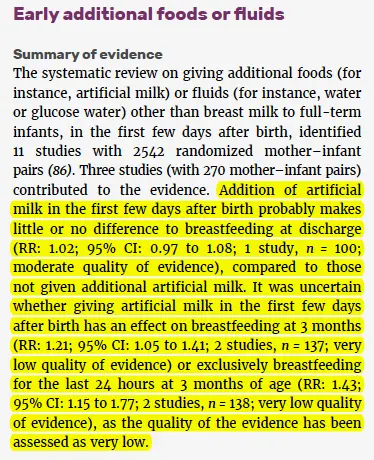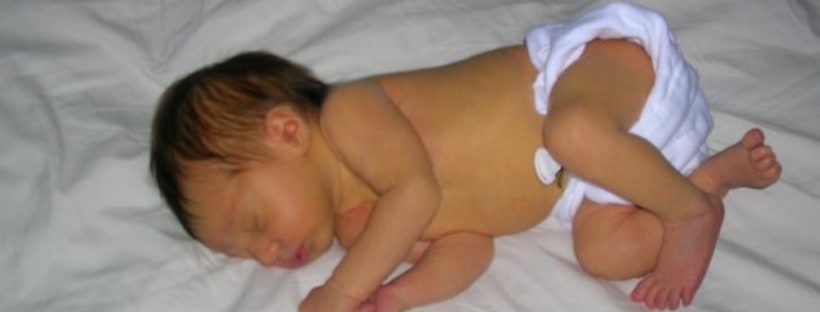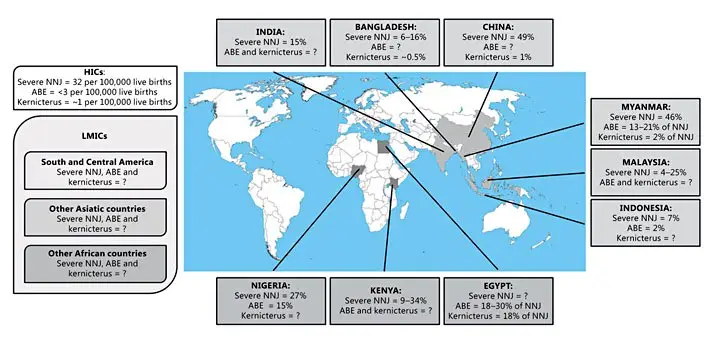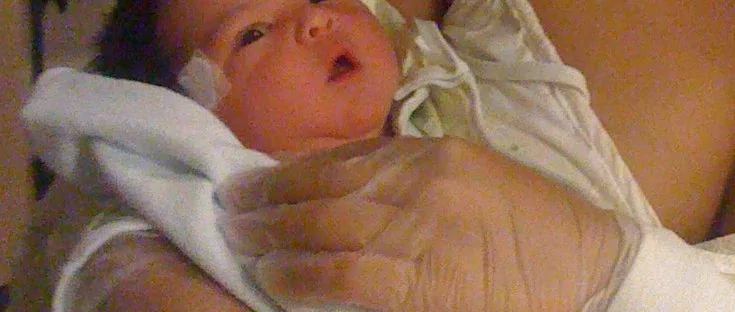Christie del Castillo-Hegyi, M.D. and Jody Segrave-Daly, RN, IBCLC
We at the Fed Is Best Foundation give mothers across the globe a platform to tell their stories about how their babies suffered needlessly because they were denied information and supplementation for their hungry babies while under the care of the Baby-Friendly Hospital Initiative/WHO Ten Steps to Successful Breastfeeding protocol. Our Foundation has grown rapidly and demands significantly more time than we currently have because we are a 100% volunteer organization. We are inundated with messages from mothers, health professionals and media on a daily basis. We try very hard to prioritize what we can do collectively, every single day. Our first priority is to respond to mothers in crisis who contact us needing assistance on how to safely feed their distressed breastfed baby because they were not educated on appropriate supplementation. Baby Friendly USA (BFUSA) found time to critique our interpretation of studies and written materials, so we were forced to take time away from mothers to update written materials and clarify our interpretations. Our goal is to be completely transparent and we have provided our detailed response below with corrections and clarifications given publicly available published data. If there have been errors in interpretation of published information, then we go back to the original published data to provide better data for the public, which we have done below. We believe we have a responsibility to inform parents, the public, medical insurance companies and BFHI hospitals about the risks of exclusive breastfeeding when insufficient. We believe parents deserve to know that the BFHI has an exclusive breastfeeding (EBF) threshold mandate to meet if the hospital wants to remain credentialed. The mandate results in tens of thousands of newborn admissions every year in the U.S. alone, which we chronicle on our page. For the safety of infants across the globe, we will continue to provide education on how to recognize serious complications of exclusive breastfeeding and how every parent can prevent them.
Starvation jaundice (hyperbilirubinemia) of the newborn is defined as abnormally high bilirubin in a newborn who loses >8-10% weight. It is caused by insufficient elimination of bilirubin due to insufficient caloric intake from exclusive breastfeeding in the first week of life. This well-established phenomenon has been discussed by neonatologist Dr. Lawrence Gartner, who is listed as a Director on the Baby-Friendly USA website, in a lecture given to lactation consultants (not just physicians and nurses as stated by BFUSA) at a 2013 California Breastfeeding Conference, previously posted on their website. This public lecture was provided to educate lactation consultants regarding dangerous levels of jaundice that can occur in previously healthy breastfed babies that result from inadequate intake of calories from exclusive breastfeeding. Under Fair Use laws, dissemination of educational material for non-profit educational purposes is protected and we were subsequently asked to post the full lecture by Dr. Gartner via email. The Academy of Breastfeeding Medicine jaundice protocol acknowledges that exclusively breastfed newborns are at higher risk of hyperbilirubinemia from insufficient milk intake (“suboptimal intake”) and excessive weight loss. The vast majority of newborn hyperbilirubinemia is caused by starvation jaundice. Their protocol also states that 98% of kernicterus, or the most severe form of brain injury from jaundice, occurs in breastfed newborns. Nearly all of starvation jaundice can be prevented with timely and adequate supplementation. Nearly all newborns with starvation jaundice show signs of poor feeding including excessive crying and frequent, unsatisfied nursing or lethargy before they develop levels of hyperbilirubinemia that result in impaired brain development. While BFUSA has not previously denied the increased risk of hyperbilirubinemia in breastfed newborns, they have not routinely disclosed them to parents or subscribing hospitals, which has the unfortunate effect of causing hospitalizations that would have been prevented by supplementing a crying underfed newborn. Unfortunately, many parents and health professionals are taught that the signs of poor feeding including crying and hours of unsatisfied nursing are normal, widely known as the “Second Night Syndrome.” These unfortunately are also the earliest signs of other complications like acute bilirubin encephalopathy, kernicterus, hypernatremic dehydration and hypoglycemia, all known causes of brain injury and permanent disability, which can occur if those signs are overlooked as normal and supplementation is avoided in order to meet the goal of exclusive breastfeeding.









